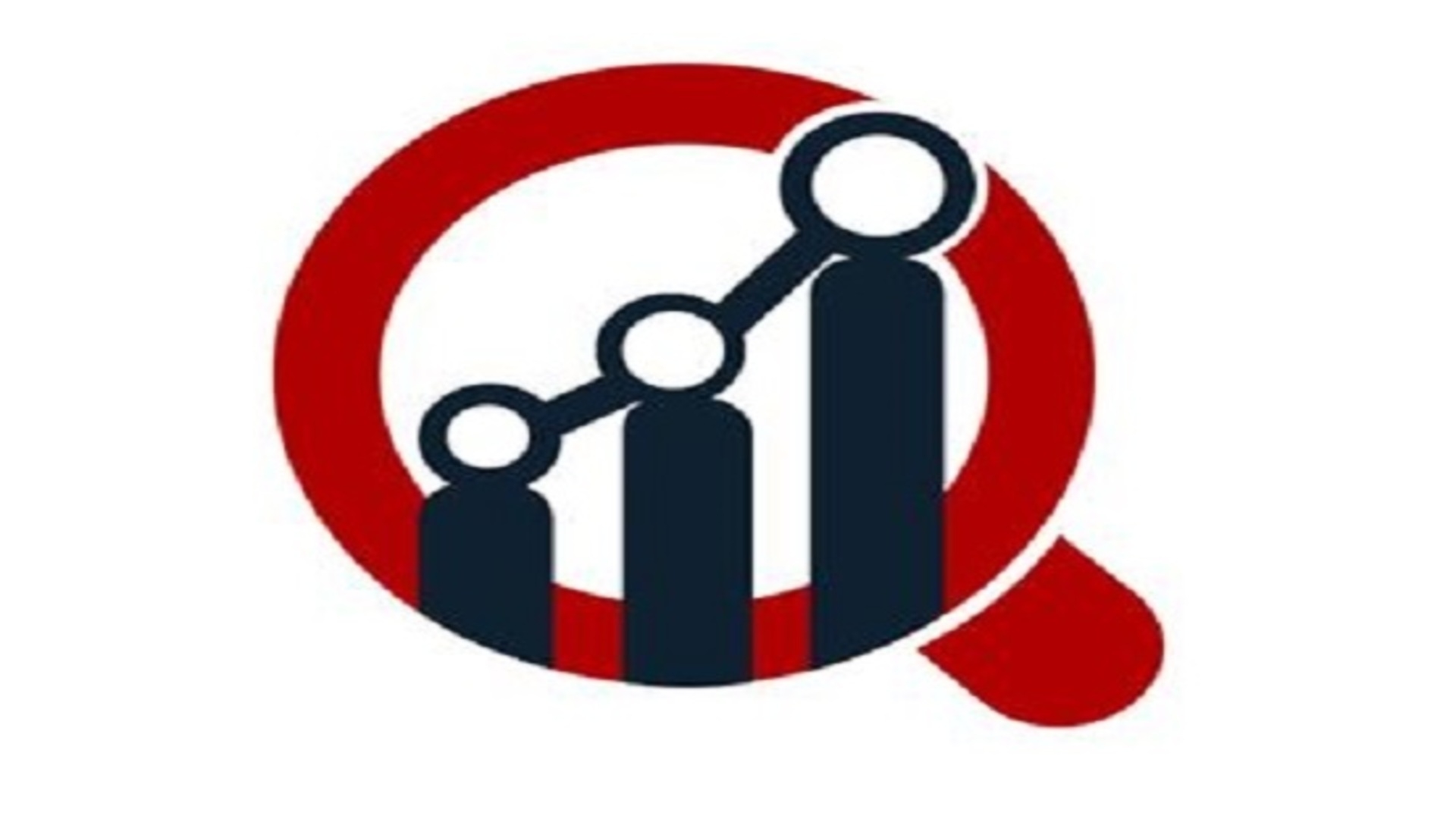When it comes to infectious diseases, few are as swift and deadly as meningococcal disease. Often mistaken for the flu in its early stages, this bacterial infection can escalate to life-threatening complications in just a matter of hours. As global health agencies rally to prevent outbreaks, meningococcal vaccines have become a crucial defense — not just for children, but for teens, travelers, and immunocompromised adults alike.
So, what exactly is making headlines in 2025? Let’s dive into the science, the surge in demand, and what it means for global health.
What Is Meningococcal Disease?
Meningococcal disease is caused by the bacterium Neisseria meningitidis, which infects the lining of the brain and spinal cord (causing meningitis), or the bloodstream (causing septicemia). Despite medical advances, it still has a high fatality rate and can lead to severe complications such as brain damage, hearing loss, or limb amputations — even with prompt treatment.
There are several strains (or serogroups) of the bacteria, with A, B, C, W, X, and Y being the most common culprits behind outbreaks. Different regions have different dominant strains, making global immunization strategies complex — but increasingly essential.
Why Vaccination Is More Urgent Than Ever
While meningococcal outbreaks used to be considered rare and regional, the landscape has changed. Increased international travel, migration, and large gatherings such as religious pilgrimages and college campuses have created new transmission hotspots.
In response, health authorities worldwide are pushing for broader vaccine coverage. The latest generation of meningococcal vaccines offers protection against multiple serogroups in a single shot, significantly reducing both the risk and spread of disease.
Adding urgency is the fact that bacterial resistance is making antibiotics less effective. Prevention, via vaccination, is now the best defense.
Breakthroughs in Vaccine Technology
Recent years have seen a surge in R&D focused on combination vaccines that protect against multiple types of meningitis. The newer quadrivalent and pentavalent vaccines target more strains with fewer doses, increasing compliance and reducing logistical hurdles in global immunization campaigns.
Moreover, mRNA technology, which proved transformative during the COVID-19 pandemic, is now being explored for meningococcal vaccines. If successful, this could allow faster production and tailored responses to outbreaks.
A Booming Market with High Stakes
With rising awareness and expanding immunization programs, the Meningococcal Vaccines Market is seeing unprecedented growth. Valued in the billions, it's projected to keep climbing as both public and private sectors invest heavily in disease prevention.
Pharmaceutical giants and biotech startups alike are racing to innovate in this space, with global partnerships forming to ensure wider access in low-income countries — where outbreaks tend to be more severe and less contained.
Who Should Be Vaccinated?
According to global health guidelines, the following groups are highly recommended to get meningococcal vaccines:
-
Infants and young children, particularly in high-risk regions
-
Teenagers and young adults, especially those in dormitories or military settings
-
Travelers heading to regions with known outbreaks (like sub-Saharan Africa during dry season)
-
People with weakened immune systems, including those without a spleen or on certain medications
Some countries have already integrated meningococcal vaccines into their routine immunization schedules, while others are catching up fast.
The Bottom Line: Prevention Saves Lives
Meningococcal disease is fast, ferocious, and fatal if left unchecked — but it’s also highly preventable. With evolving vaccine technology, rising global awareness, and growing market investment, we’re at a tipping point in controlling this once-dreaded disease.
The real question is: Will we act fast enough to stay ahead of the next outbreak?
📢 Don’t wait to protect your family. Speak to your doctor about meningococcal vaccines today — it could be a lifesaving conversation.


